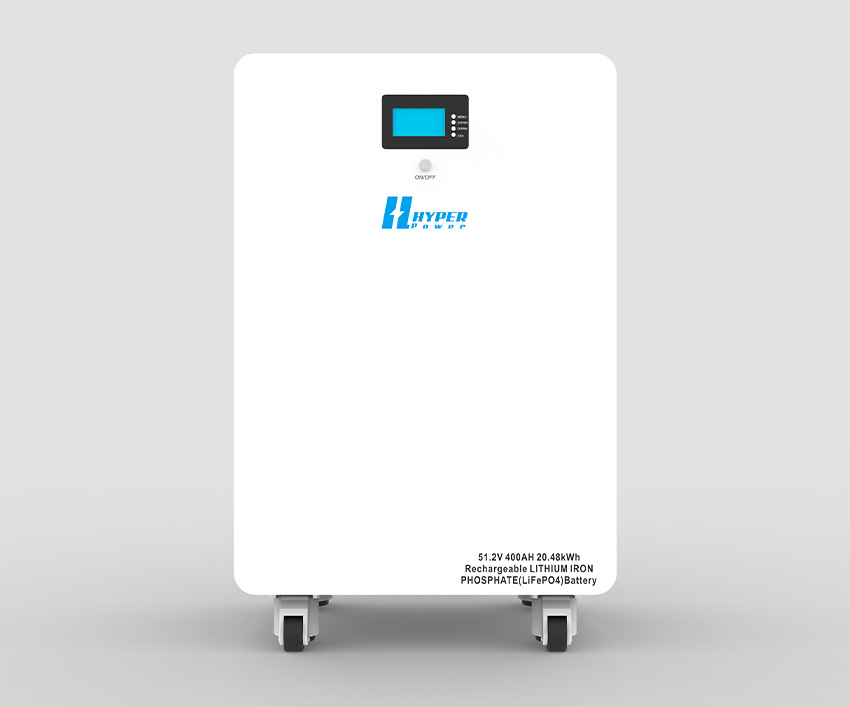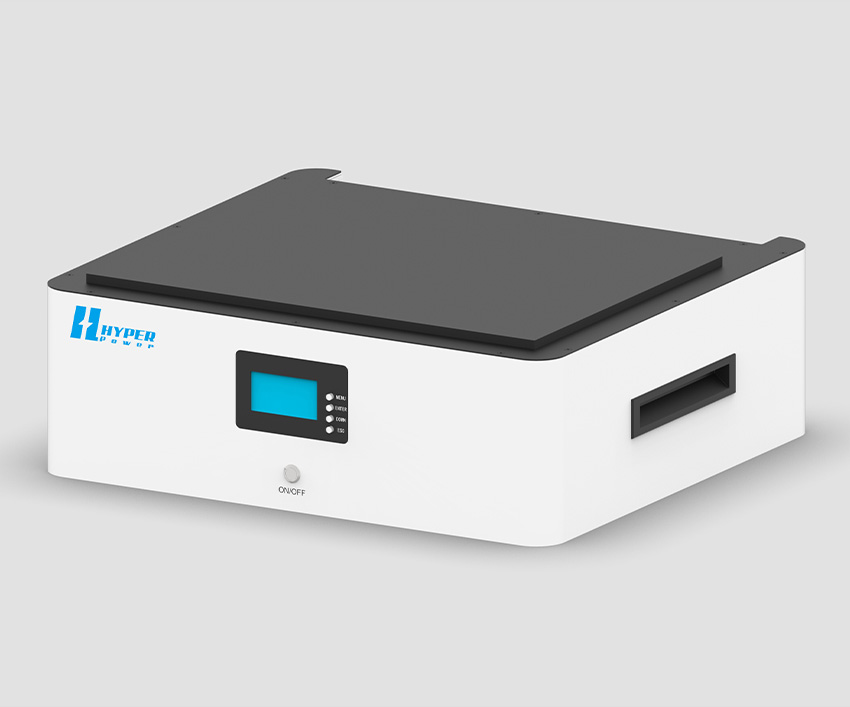
Residential Energy Storage Application
Introduction
In recent years, the demand for residential energy storage systems has surged as homeowners seek to optimize energy use, reduce electricity bills, and enhance their energy independence. Lithium battery technology has emerged as a leading solution for household energy storage due to its efficiency, long lifespan, and declining costs. This blog post will explore the basics of household energy storage lithium batteries, their benefits, applications, and considerations for choosing the right system for your home.
What is a Household Energy Storage Lithium Battery?
A household energy storage lithium battery is a type of rechargeable battery designed to store energy for residential use. These batteries are typically connected to a home’s electrical system and can store electricity from various sources, such as solar panels or the grid. The stored energy can be used during peak demand periods, power outages, or when solar energy generation is low, providing a reliable and sustainable energy supply for the household .
Benefits of Household Energy Storage Lithium Batteries
-
Energy Independence: By storing energy generated from solar panels or other renewable sources, homeowners can reduce their reliance on the grid and enhance their energy independence. This is particularly beneficial in areas with frequent power outages or unreliable grid infrastructure .
-
Cost Savings: Storing energy during off-peak periods and using it during peak demand can significantly lower electricity bills. Additionally, many regions offer incentives and rebates for installing residential energy storage systems, further reducing the overall cost .
-
Environmental Impact: Utilizing renewable energy sources and reducing reliance on fossil fuels helps decrease greenhouse gas emissions, contributing to a cleaner and more sustainable environment .
-
Backup Power: During power outages, a household energy storage system can provide backup power, ensuring that essential appliances and systems continue to operate. This is especially important for households with critical energy needs, such as medical equipment .
-
Grid Stability: By storing excess energy and feeding it back into the grid during high demand periods, residential energy storage systems can help stabilize the grid and prevent blackouts.
Applications of Household Energy Storage Lithium Batteries
-
Solar Energy Storage: One of the most common applications is storing excess solar energy generated during the day for use at night or during cloudy periods. This maximizes the efficiency and utilization of solar power systems .
-
Time-of-Use Optimization: By charging the battery during off-peak hours when electricity rates are lower and discharging during peak hours, homeowners can take advantage of lower energy costs.
-
Emergency Backup Power: Providing an uninterrupted power supply during grid outages ensures that critical household functions, such as lighting, heating, and refrigeration, remain operational .
-
Demand Response: Participating in demand response programs allows homeowners to reduce or shift their electricity usage during peak periods in response to signals from the utility, often in exchange for financial incentives.
Choosing the Right Lithium Battery System for Your Home
When selecting a household energy storage lithium battery system, several factors should be considered:
-
Capacity: The storage capacity of the battery, measured in kilowatt-hours (kWh), should match your household’s energy needs. Assess your average daily energy consumption and consider any potential increases in the future .
-
Power Rating: The power rating, measured in kilowatts (kW), indicates how much power the battery can deliver at a given time. Ensure that the power rating meets the demands of your household’s critical loads during an outage .
-
Battery Lifespan: Look for batteries with a long lifespan and a high number of charge-discharge cycles. This ensures that the battery will provide reliable performance over many years .
-
Efficiency: Higher efficiency batteries convert and store energy more effectively, reducing energy losses and maximizing the use of stored energy .
-
Cost: Consider the overall cost, including the purchase price, installation, and maintenance. Factor in any available incentives or rebates that can reduce the initial investment.
-
Compatibility: Ensure that the battery system is compatible with your existing solar panels, inverters, and other electrical infrastructure .
Household energy storage lithium batteries offer a reliable and efficient solution for managing residential energy use. By providing energy independence, cost savings, environmental benefits, and backup power, these systems are becoming an increasingly popular choice for homeowners. When selecting a system, consider factors such as capacity, power rating, lifespan, efficiency, cost, and compatibility to ensure you choose the best option for your needs.



